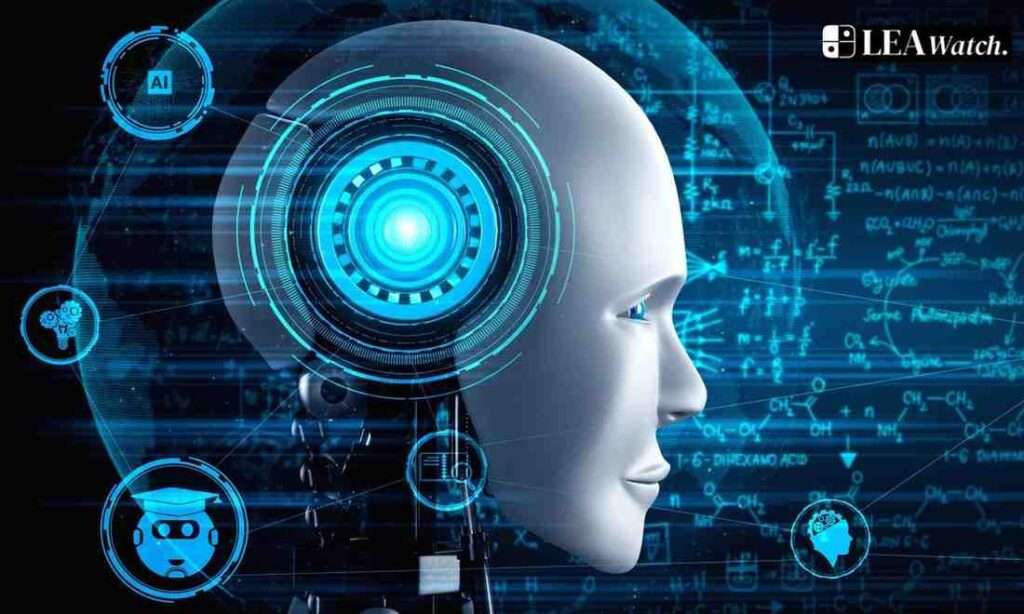A common element in the recent trend associated with Artificial Intelligence (AI) is trust and safety – this theme was present in public sentiment, corporate safeguards, and ethical oversight campaigns. A new survey from the Pew Research Center, across 25 countries, shows that while the world, on average, has more concern than excitement about AI, median-sentiment is dominated by concern.
On average, 34% of adults worry more than they have excitement about AI, 16% feel mainly excited. When it comes to those in the world trusting government regulation – mobility varies greatly across the globe. For instance, 89% of respondents from India believed that their government would effectively regulate AI compared to only 22% of respondents from Greece.
When comparing trust in the effectiveness of the regulatory framework among different public institutions (including the European Union, the United States, and China), the EU as an institution resulted in a median range of trust of 53% relative to the United States at 37%, and China at 27%. However, younger adults tended to trust China more likely than older adults, and educated respondents tended to trust the EU over other states. The emerging perception above, with younger cohorts showing different sentiment about China likely show a growing concern but a fragile trust.
Tech companies are responding by embedding safety and well-being into their AI designs. Meta (Instagram) has introduced new parental controls allowing parents to block AI chatbots, limit app use, and monitor discussions reinforcing protections around sensitive topics like self-harm or eating disorders. At the same time, OpenAI has assembled an Expert Council on Well-Being and AI, composed of eight members who are neuroscientists and psychologists from elite universities.
The council will provide guidance on ethical design and consider mental health implications, with the intent of helping OpenAI design AI tools, including ChatGPT, to support healthy and developmentally appropriate interactions. All of the aforementioned reflects a growing global movement, to engage the pace of innovation, and build systems that people can trust in a more AI-centric world.

